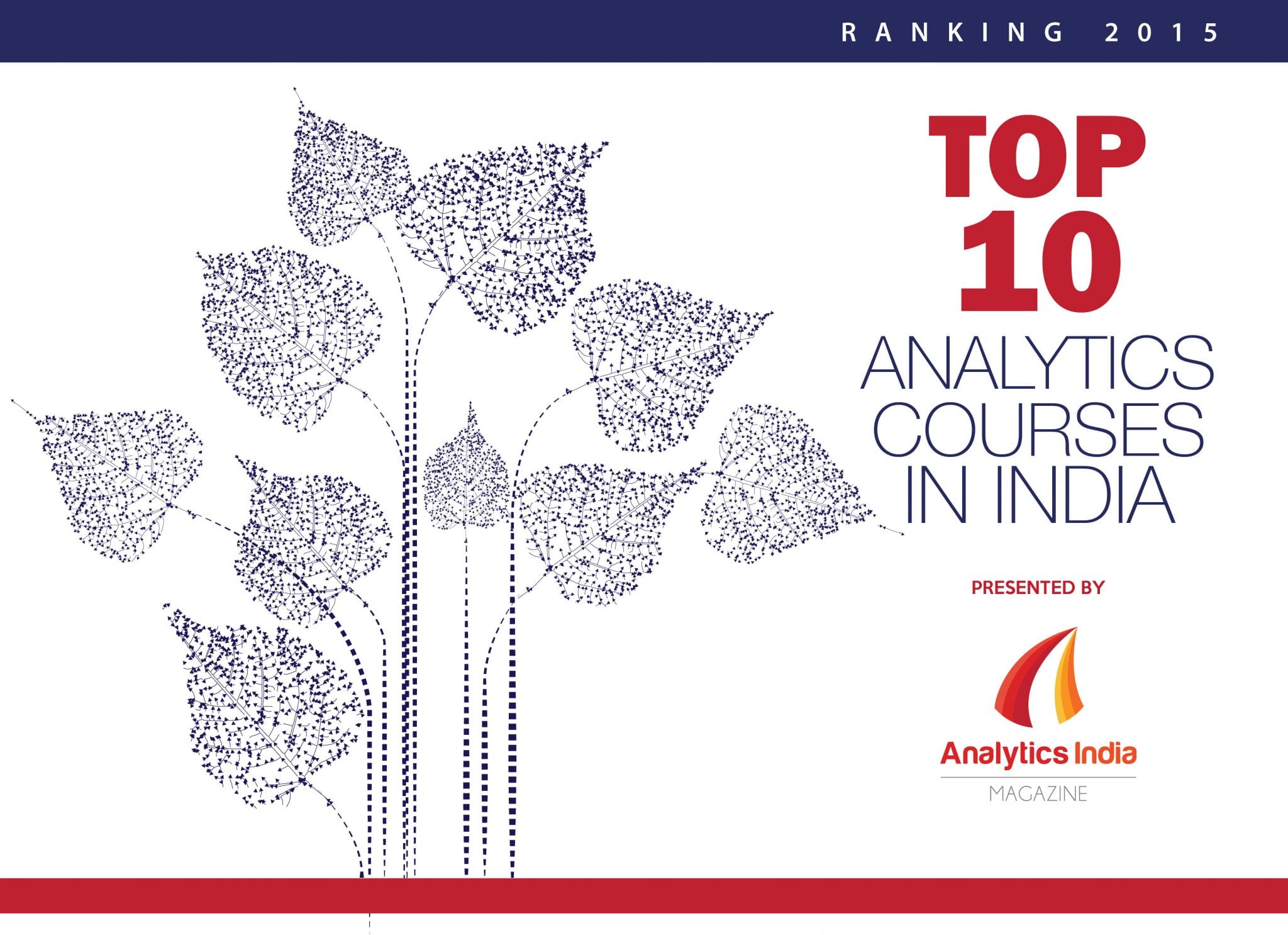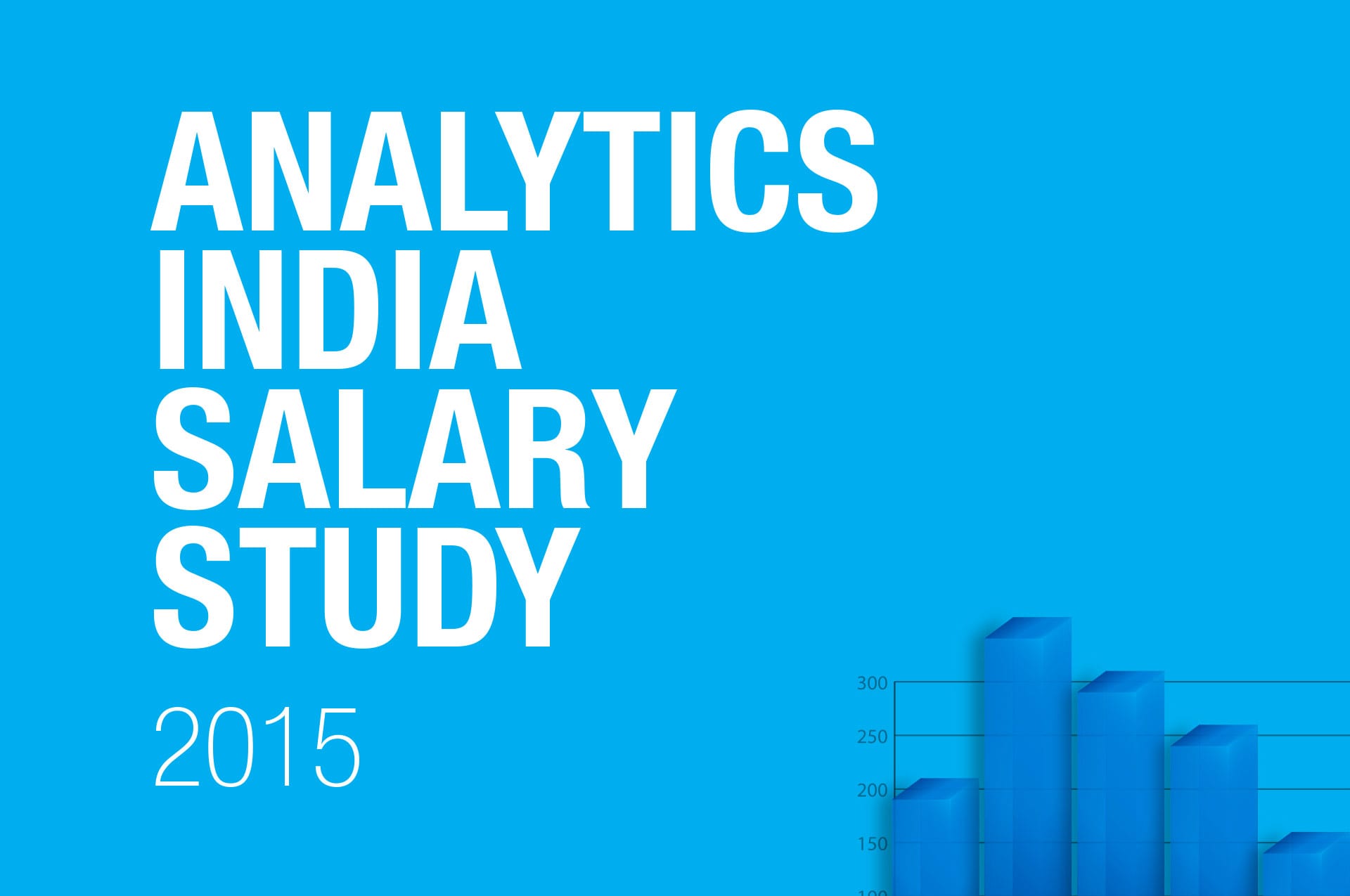We quite often interview analytics leaders in the country to get a pulse of this area. While, interviewing analytics leaders does provide a concrete, bird’s eye view of analytics landscape, we decided to talk to some of the professionals in Data science and analytics, more importantly some of the recent graduates in analytics.
Not only does it provide a more in-depth view of analytics as a field, but also a practitioner’s assessment of the area. So, we sat down with four Business Analytics alumni of Great Lakes Institute of Management in order to hear more about the current landscape of Analytics industry.
We hope our readers would find it extremely informative. Read on to learn about our participants –Madhusmitha Rath, Sreeraman Krishnan, Sirnivasa Koushik and Praveen Panwar – as well as their experiences working in the field, what it takes to be successful, and their advice to current students.
Tell us a little about your background
 Madhusmita Rath: “I have served in organizations like Infosys & Accenture, with 5.5 years of experience in Business Analysis & Software Development. Most of the projects I have worked on, are from Retail/eCommerce/Life Science & Health care domains. Currently, I am working on an analytics project with BBC Media Action.”
Madhusmita Rath: “I have served in organizations like Infosys & Accenture, with 5.5 years of experience in Business Analysis & Software Development. Most of the projects I have worked on, are from Retail/eCommerce/Life Science & Health care domains. Currently, I am working on an analytics project with BBC Media Action.”
 Sreeraman K Krishnan: “I come from a traditional south Indian family, with close to 12 years in the Software Industry, out of which had spent close to 5 years in the US. During my overall tenure in the industry, had played various roles including developer, Technical Architect, Project / Program Manager, Business Development, Digital Engagement Manager and finally now as a Data Scientist. Most of my experiences are in Insurance and Retail Domain. My core strength is marrying domain, business, external influence’s and techniques and bring in new business insights. Also am a PMP, Agile certified and Sun certified Java Web Professional.”
Sreeraman K Krishnan: “I come from a traditional south Indian family, with close to 12 years in the Software Industry, out of which had spent close to 5 years in the US. During my overall tenure in the industry, had played various roles including developer, Technical Architect, Project / Program Manager, Business Development, Digital Engagement Manager and finally now as a Data Scientist. Most of my experiences are in Insurance and Retail Domain. My core strength is marrying domain, business, external influence’s and techniques and bring in new business insights. Also am a PMP, Agile certified and Sun certified Java Web Professional.”
 Praveen Panwar: “I am Post Graduate in Computer Applications and started my career as a programmer and have played various other roles related to Software Engineering. I have worked with Software Product, Software Consulting and Captive IT Units of Fortune 500 Companies.”
Praveen Panwar: “I am Post Graduate in Computer Applications and started my career as a programmer and have played various other roles related to Software Engineering. I have worked with Software Product, Software Consulting and Captive IT Units of Fortune 500 Companies.”
 Srinivasa Koushik Raman: “Major of my experience is in Sales and Technology Consulting in Industry and Information technology sectors. I have been in customer facing roles, leading teams, driving enterprise level deals in startups and large organisations with customers in India, US and Europe.Consulting across Cloud, e-commerce, DevOps, embedded systems, systems engineering, requirements management, application development in IT / ITES, SI, Aerospace, Defence, Automotive verticals have been a few of my core areas.”
Srinivasa Koushik Raman: “Major of my experience is in Sales and Technology Consulting in Industry and Information technology sectors. I have been in customer facing roles, leading teams, driving enterprise level deals in startups and large organisations with customers in India, US and Europe.Consulting across Cloud, e-commerce, DevOps, embedded systems, systems engineering, requirements management, application development in IT / ITES, SI, Aerospace, Defence, Automotive verticals have been a few of my core areas.”
How are the opportunities in Analytics? What do you think the future holds?
Madhusmitha: “Everyone is eager about this question. It is obvious that true opportunities in this area is tremendous, and it has just started booming now. If you are thinking about a career transition at this point very obvious it’s a right decision. Every industry requires a right balance of business and decision making skills that are required for the successful execution of a business problem. And knowledge of Analytics solves this requirement.”
Sreeraman: “I work for a Data Research Company, where the data is huge, really huge. There are different terminologies they use in the industry like Data Lake, Date Ocean, Data Marts, etc..with all these you might have to swim across this data ocean and find a meaningful story out of it which can be done only by an Analytics professional.With most of the companies taking a step towards digital, the opportunities are growing in leaps and bounds and everyone wanted to leverage the Analytics Edge to Leapfrog Competition.To give an example about the opportunities, personally i had interviewed close to 30+ professionals in the last 2 months, but finding a right pofessional fit to the role is difficult because of the skill set, as i had mentioned earlier Analytics with just Statistics and Machine Algorithms alone might not help. Right balance of business and technical skills are required for the successful execution of analytics. The reason for giving the nos is to tell you the demand which we have currently.
To put it in simple terms about the future “We are drowning in information, while starving for wisdom. The world henceforth will be run by analyzers, people able to put together the right information at the right time, think critically about it, and make important choices wisely.”
Praveen: “The opportunities in analytics are immense and going to remain high until the equilibrium of demand and supply. I think we are far off when demand would be anyway near supply. We are sitting at the cusp of IT revolution wherein IT has become the GPT (General Purpose Technology) having tremendous impact on business, society and Institutions. The commoditisation of IT and Murphy’s Law combined with the amount of data generated holds lots of promise for people interested in the field of analytics.”
Srinivasa: “All major domains such as Health care, Automotive, Banking, Education, Defence, Retail have opportunities to benefit from Analytics. Advanced analytics – Machine Learning, Artificial Intelligence would be the way forward.”
What do you see as a major issues/ trends in this field today?
Madhusmitha: “The major issue probably could be the transition to Analytics career, but nevertheless it’s not impossible, but yes, you have to be structured with learning analytics tools & techniques that seems to be an important factor while you transition. So, I decided to choose Great Lakes, as my career building guide, as it has a reputation of departing best knowledge and exposure in Management & Analytics Space.”
Sreeraman: “From my perspective,there are two types of talent deficits: Data Scientists, who research through the data and perform analytics and Analytics Consultant, who address a particular problem statement by understanding and using the data. The talent supply for these job titles, especially Data Scientists is extremely scarce and the demand is huge.
The current phase for all major companies in Insurance, Retail (except for Amazon’s, Walmart, etc.) and Banking domain, whose data are wide spread and stored in different technologies. Bringing all the data together in a unified framework is a bit difficult and with lot of HADOOP and BIG DATA Technologies this problem statement will be eventually addressed
The trend is, IT’S ABOUT MAKING MEANING, DATA + ANALYTICS = NEW VALUE THRESHOLDS.
Analytics would address key functional and industry imperatives and would drive business outcomes end to end.”
Praveen: “Though the phenomenon is not too old, but seems like a long way from Business Intelligence to Predictive Analytics. It’s difficult to play an Oracle, but I would stick my neck out to say analytics would soon be transformed into Deep Learning wherein cognitive capabilities of technology would make a great impact on how businesses are run and how we progress as a society. At the same time I expect more and more small and medium companies adopt and start using the predictive power of analytics. The biggest issues faced in this field are the required manpower who can make use this gargantuan data and provide useful insights and another issue is converting this data into a form which can be consumed by predictive models.”
Srinivasa: “Awareness of the benefits of Analytics is just picking up. The faster, industry can realize and adopt analytics into their core business, more would be the advantage. Quality education in analytics has to be taken up by businesses.”
Which techniques have so far been most useful to you? How has Great Lakes’ Business Analytics Program helped you develop those techniques?
Madhusmitha: “It’s difficult to say which techniques are mostly used, as every technique we have to use depends on the nature of the data & business problem provided. But it’s important that an analytics guy should be well versed with Data Cleaning, Data Preparation & Data Exploration techniques, as you can use any techniques after you have done the later steps which again is time taking.
I couldn’t directly step to the ladder top , I had to cover the midway to reach the top. The GL program structure is such that it nurtures you to learn the basics first, then takes you through the complete journey, letting you know the various techniques used in various domains. Each residency is executed in such a manner that the flow is maintained and you feel very confident about your analytics skill at the end.”
Sreeraman: “ANOVA, T Test, Clustering, Factor Analysis, Linear and Polynomial Regressions are some of the few techniques which I use regularly. Of course, Great Lakes played a major role in two ways. One is the basics of analytics was laid by GL and they taught me what techniques can be used when and how. If the basic foundation is strong, then enhancing on top of it will be always easier. Second is GL certification is valued outside, which is the first face of yours to get selected for the interview.”
Praveen: “Knowing analytics as a fundamental subject and having focused on the problem at hand has always helped. As they say, technologies come and go, but fundamentals remain same. Great Lakes’ program completely focused towards the fundamentals of the subject and at the same time gave us exposure to statistical techniques, machine learning and assist us gain domain knowledge to appreciate the application of analytics to wide ranging areas from marketing to finance to supply chain and others.”
Srinivasa: “All the statistical techniques have been useful. My knowledge of these techniques at the end of my program at Great Lakes was far higher than what I had at the beginning of the program.”
What recommendations or advise you have for Analytics Aspirants?
Madhusmita: “Analytics role is a rosy picture is far from reality. Switching may be difficult, but if you start your career with Analytics structurally with some Analytics Program, you can very well shape & transform your switch smoothly. Analytics industry is struggling with a shortage of talents, so the demand here is huge. If I could join analytics successfully, so can you! I am sure you will take your career to another level with this field of the future.”
Sreeraman: “My thoughts: Analytics is an art and not all people might possess by default, this is where we need to channelize ourselves to the right training. Enhance your business or domain knowledge along with the Analytic techniques, because that is where you will be able to differentiate and can flourish.”
Praveen: “Focus on fundamentals and keep your eyes open to what’s happening around the world. Having exposure to many different areas makes one appreciate the application of analytics to these areas.”
Srinivasa: “Specialisation is important, based on what one aspires for in Analytics. If someone is aiming to be a data scientist, deep knowledge of tools and statistical techniques is required. If the goal is to excel in, say, automotive domain, know how of the industry, trends and research on how analytics can be applied to that industry.”
Any other thoughts?
Sreeraman: “Try to bring in analytical thinking as a daily routine, for example, calculate the time needed to reach your office with the constraints of road works, signals, traffics, etc. Start Small and Think Big.”
Praveen: “I think we are headed for the exciting times as the disruption is here to stay for a long time. And people working on disruptive concepts like analytics would have most promising times ahead.”
For any info on the Post Graduate Program in Business Analytics by Great Lakes’Institute of Management, you can get in touch here.



















































































